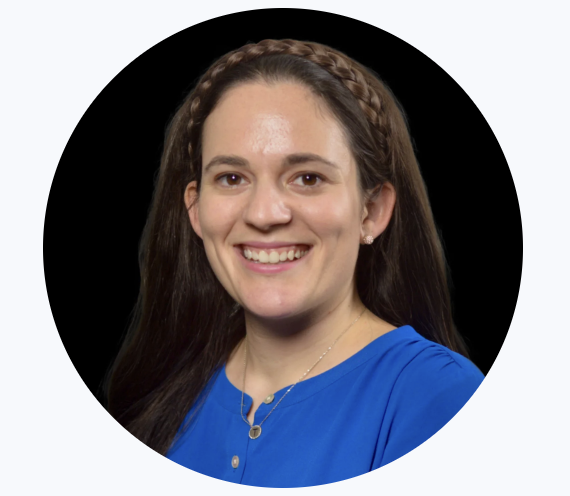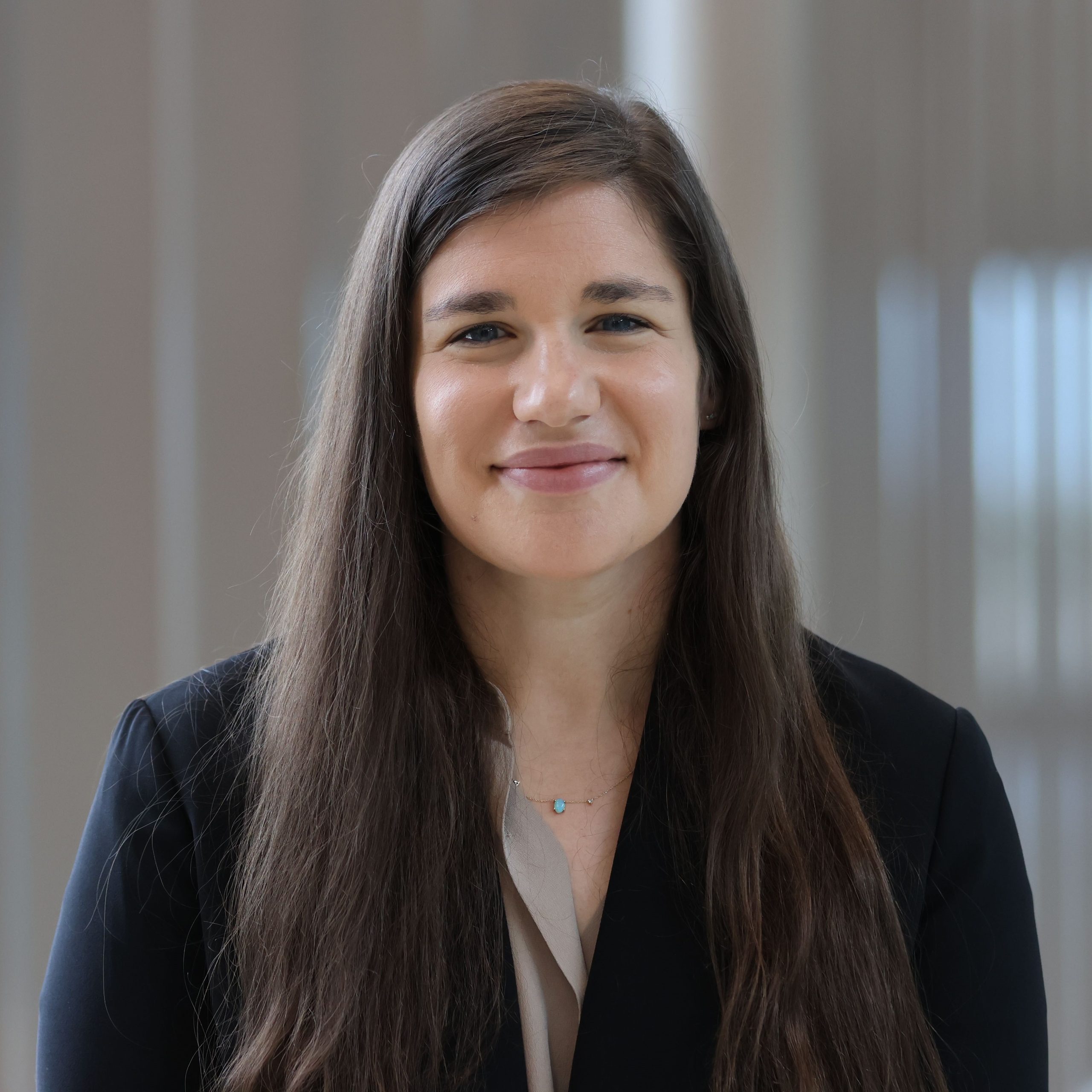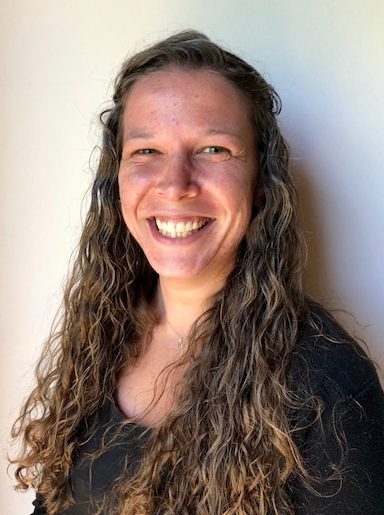Welcome!
We are excited to announce that our continuing education programs have been approved by the American Psychological Association (APA)!
At Portland DBT Institute, we are consistently tailoring our DBT training courses to meet the needs of the DBT community. Outlined below are our upcoming trainings, most of which are DBT training. At this time, all of our public trainings are held over Zoom video communications.
It is important to us to reduce the disparity in accessing mental health treatment among racial and ethnic minority, sexual and gender minority, low-income, and other underserved populations. We are all working together to improve public health and wellbeing. If you are in need of financial assistance in order to attend a training, we would love for you to fill out a scholarship application.

Upcoming Trainings

July 11, 2025 | 7:00am – 2:30pm PT
EXCLUSIVE One-Day Training!
DBT and Chronic Pain: A Dialectical Workshop on Treating Sensory Dysregulation
with Deborah Barrett, PhD, LCSW
Participants will build on and adapt what they may already know about DBT and emotion dysregulation to approach, conceptualize, and treat individuals who are suffering from chronic sensory dysregulation, regardless of its root cause.
July 18, 2025 | 8:30am – 12:00pm PT
Incorporating Loved Ones into DBT Treatment: Strategies and Skills for Effective Sessions and Enhanced Relationships
with Tali Wigod, PsyD, DBT-LBC (she/her)
This training will present typical family targets that warrant collateral/family sessions, define specific skills needed to engage in family sessions, and demonstrate how to structure family sessions to maximize success.


July 25, 2025 | 8:30am – 4:00pm PT
Acceptance and Commitment Therapy for Moral Injury (ACT-MI): An Experiential Approach to Exploring Meaning while Holding Moral Pain
with Lauren M. Borges (she/her)
and Jacob K. Farnsworth (he/him)
Acceptance and Commitment Therapy for Moral Injury (ACT-MI) is a transdiagnostic intervention that has been rigorously developed over the past decade to treat psychosocial functional impairment among individuals who experience morally injurious events.
August 21-22, 2025 | 8:30am – 4:00pm PT
DBT in a Nutshell: Treating Multi-Diagnostic, Complex Individuals
with Jason Fritts, LCSW, DBT-LBC (he/him)
This training is designed for mental health professionals and other providers new to DBT principles and strategies, and who work with individuals with chronic emotion dysregulation and complex problems.


September 11-12, 2025 | 8:30am – 4:00pm PT
DBT for People with Substance Use Disorders
with Dorian Hunter, PhD (she/her)
Developed by internationally recognized expert Dr. Dimeff, this training will provide participants with a comprehensive working knowledge of the adaptations to be made when working with individuals with BPD-SUD.
October 6-8 & 14-15, 2025
Annual Intensive Training!
DBT Comprehensive Implementation & Training Intensive (CITI) Part I
with Andrew White, PhD, ABPP, DBT-LBC
and Ashley Maliken, PhD, DBT-LBC
Designed for practitioners and programs seeking an immersive experience in DBT – where the primary goal is to build a strong and adherent DBT program, outstanding DBT clinical competence, and a highly effective DBT consultation team.

October 16-17, 2025 | 7:00am – 2:30pm PT
DBT in a Nutshell for Adolescents and Caregivers
with Tali Wigod, PsyD, DBT-LBC
This training is recommended for providers working with teens and young adults who experience chronic emotion dysregulation and complex problems. This two-day training is ideal for providers new to DBT principles and strategies, and will cover the fundamentals of comprehensive DBT for adolescents.


October 30-31, 2025 | 7:00am – 2:30pm PT
Maximizing Individual Therapy in DBT: Moving Beyond Life Threatening Behavior
with Leah Smart-Gordon, LCSW, DBT-LBC (she/her)
This advanced workshop is designed to support clinicians in better understanding and implementing DBT with clients once unrelenting crisis has passed –increasing understanding their quality-of-life threatening behaviors and how to skillfully address those in individual therapy.

November 6-7, 2025 | 8:30am – 4:00pm PT
Diving into DBT Skills
with Jason Fritts, LCSW (he/him)
This training is an ideal follow-up to DBT in a Nutshell, or for providers who have familiarity with the fundamentals of DBT. This two-day training will provide an overview of DBT skills aiming to support attendees in enhancing their clinical repertoire and understanding the role of skills within comprehensive DBT.
December 5, 2025 | 7:00am – 2:30pm PT
Ethics, Boundaries of Competence, Avoiding Harm, and Risk Management: Working Well with the Suicidal Patient
with Andrew White, PhD, ABPP, DBT-LBC (he/him)
This one day workshop is designed for mental health providers and other healthcare professionals who provide direct-care services and, as a result, will be required to assess and manage a suicide crisis at some point during their professional career.

December 12, 2025 | 8:30am – 12:00pm PT
Dialectics can be Challenging and Freeing: Tools for Teaching and Applying Dialectics
with Andrea Gold, PhD (she/her)
and Jesse Finkelstein, PsyD (he/him)
This 3-hour workshop offers an in-depth opportunity to explore ways to improve therapists’ teaching of dialectics as a skill, as well as ways to enhance therapists’ own motivation and capabilities to use specific dialectical strategies, and to explicitly attend to the dialectics of the therapy relationship and maintain a therapeutic stance that balances acceptance and change.

About Us
Our trainings offer a full orientation to DBT, from basics to advanced courses developed to help DBT-savvy clinicians further hone their skills. All members of our DBT training team have completed the highest levels of training.
Our enthusiastic and knowledgeable trainers balance decades of experience with enthusiasm for the latest research. For a list of our standard training offerings, please see our DBT Training page.
Portland DBT Institute training is available to schedule as a private DBT training for your group. PDBTI’s training team travels locally, nationally, and internationally, to provide evidence based, adherent DBT training. Please fill out our Training Request Form and our training coordinator will contact you to see how we can work together to exceed your organization’s training goals.
Portland DBT Institute is an NBCC-Approved Continuing Education Provider (ACEP) and may offer NBCC-approved clock hours for events that meet NBCC requirements. The ACEP solely is responsible for all aspects of the program.
Past Trainings
June 20, 2025 | 7:00am – 2:30pm PT
Doing DBT with LGBTQ+ Clients
with Colleen Sloan, PhD (she/her)
In this training, Dr. Sloan will provide an overview of health inequities experienced by many in the LGBTQ+ community and provide psychoeducation regarding minority stress theories. Attendees will be guided in ways to adapt therapy and skills with LGBTQ+ clients while delivering adherent DBT.


May 8-9, 2025 | 8:30am – 4:00pm PT
Optimizing Eating Disorder Treatment with DBT
with Dean Malec, PhD
This two-day workshop will focus on presenting evidenced based theory and practices to diagnose and treat eating disorder symptoms in clients.
May 15-16, 2025 | 8:30am – 4:00pm PT
Diving into DBT Skills for Adolescents and Caregivers
with Jamie Bedics, PhD, ABPP (he/him)
This training is an ideal follow-up to DBT in a Nutshell, or for providers who have familiarity with the fundamentals of DBT. This two-day training will provide an overview of DBT skills commonly taught when leading a multifamily skills group.


March 21 & April 18, 2025 | 8:30am – 4:00pm PT
Introduction to DBT Next Steps
Adam Carmel, PhD, DBT-LBC and
Katherine Comtois, PhD, MHP, DBT-LBC
Dialectical Behavior Therapy Next Steps, formerly DBT – Accepting the Challenges of Employment and Self-Sufficiency (DBT-ACES) was developed as an adjunctive treatment to Standard DBT to increase living wage employment and self-sufficiency. DBT Next Steps builds off of Standard DBT with an expanded skills curriculum geared towards finding, maintaining, and thriving in employment settings.
February 7, 2025 | 8:30am – 3:30pm PT
DBT for Psychosis
with Maggie Mullen, LCSW, DBT-LBC (they/them)
By examining the existing research and best practices, we will explore DBT and DBT-informed concepts and principles that benefit clients with Psychotic Spectrum Disorders. Along the way, we will discuss barriers to providing effective treatment with this population.

